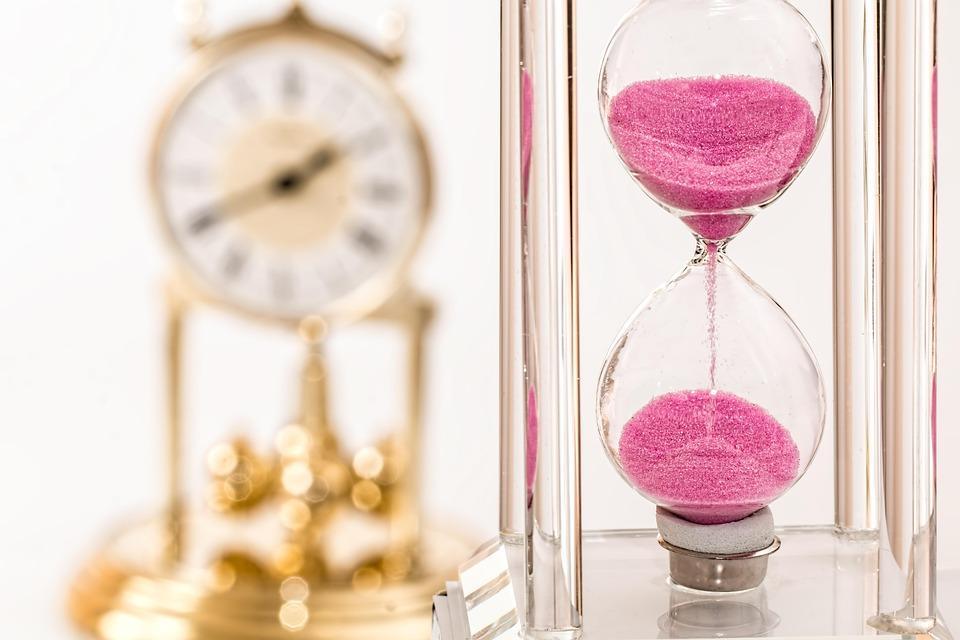Urinary urgency can feel like an unwelcome companion, demanding your attention at the most inconvenient times. If you’re grappling with this challenge, you’re far from alone. Understanding how to manage urinary urgency effectively can transform your daily experience, giving you back the freedom to live your life fully.
Contents
What Is Urinary Urgency?
Urinary urgency is the intense, often sudden need to urinate that can be difficult to control. It’s more than just a mild annoyance; it can interrupt your day, affect your social life, and even impact your emotional well-being. This condition can stem from various causes, including urinary tract infections, overactive bladder, or prostate issues in men. Recognizing its significance is the first step toward regaining control over your body and your life.
Why Managing Urinary Urgency Matters
You shouldn’t have to plan your life around bathroom breaks. Learning to manage urinary urgency effectively can lead to increased confidence and a sense of normalcy. It can enhance your social interactions, improve your mental health, and even boost your overall quality of life. Let’s dive into seven proven strategies to help you take charge.
1. Understand Your Triggers
The first step in managing urinary urgency is to identify the triggers that set it off. Common culprits include:
- Caffeine: Found in coffee, tea, and some sodas, caffeine can irritate the bladder.
- Alcohol: This can act as a diuretic, increasing the urgency to urinate.
- Spicy Foods: They can irritate the bladder lining.
- Artificial Sweeteners: Some people find these can trigger urgency.
Keep a urination diary for a week. Record what you eat and drink, along with your urgency episodes. This diary will help you spot patterns and make informed changes.
2. Train Your Bladder
Bladder training is a powerful technique to help manage urinary urgency. This method involves gradually increasing the time between bathroom visits. Here’s how to do it:
- Start with a schedule: Begin by urinating every hour.
- Gradually extend the time: Increase intervals by 15 minutes every week.
- Stay consistent: Even if you feel the urge, stick to your schedule.
With time, your bladder can learn to hold more urine without the urgent need to empty.
3. Practice Pelvic Floor Exercises
Strengthening your pelvic floor can significantly help manage urinary urgency. Kegel exercises are particularly effective:
- Identify the right muscles: Try to stop urination midstream. Those are the muscles you want to strengthen.
- Perform Kegels: Contract these muscles for 5 seconds, then relax for 5 seconds. Aim for three sets of 10 repetitions daily.
These exercises can enhance bladder control and reduce urgency episodes.
4. Stay Hydrated, but Strategically
Ironically, staying hydrated is crucial, but how you hydrate can influence urinary urgency. Here are some tips:
- Drink Water Throughout the Day: Aim for 6-8 glasses, but avoid gulping large amounts at once.
- Limit Fluids Before Bed: To avoid nighttime urgency, reduce fluid intake in the evening.
- Choose the Right Beverages: Stick to water and herbal teas while limiting caffeine and alcohol.
Remember, hydration is vital for your overall health, but timing and choice matter.
5. Dietary Adjustments
Your diet plays a significant role in bladder health. Consider these adjustments:
- Increase Fiber: A fiber-rich diet can help prevent constipation, which can exacerbate urinary urgency.
- Avoid Irritants: Beyond caffeine and alcohol, certain acidic foods like citrus fruits can irritate the bladder for some people.
- Incorporate Anti-Inflammatory Foods: Foods rich in omega-3 fatty acids, like salmon and walnuts, can help reduce inflammation that might affect your bladder.
A balanced diet can support not just your bladder but your overall well-being.
6. Utilize Bladder-Soothing Supplements
Some natural supplements may help soothe the bladder and reduce urgency. Here are a few to consider:
- Pumpkin Seed Extract: This has been shown to improve bladder function and reduce urgency.
- D-Mannose: Particularly effective for preventing urinary tract infections, it can be beneficial if your urgency is infection-related.
- Cranberry Extract: Known for its ability to support urinary tract health, it might reduce the occurrence of infections and urgency.
Before starting any new supplement, consult with your healthcare provider to ensure it’s safe for you.
7. Consult a Healthcare Professional
If urinary urgency persists despite your best efforts, don’t hesitate to seek professional help. A healthcare provider can offer:
- Diagnostic Tests: To rule out underlying conditions.
- Medications: Certain medications can help relax the bladder and reduce urgency.
- Therapies: Options like biofeedback or electrical stimulation might be recommended based on your individual needs.
Remember, you’re not alone in this. Seeking support is a sign of strength, not weakness.
Bottom Line
Managing urinary urgency effectively is within your reach. By understanding your triggers, training your bladder, exercising your pelvic floor, making dietary adjustments, and utilizing natural supplements, you can regain control. Don’t hesitate to reach out to healthcare professionals if needed; they can provide valuable insights tailored to your situation.
Take the first step today. Record your triggers, begin those Kegel exercises, and embrace the freedom that comes with managing urinary urgency. Your body deserves this care, and so do you.
FAQ
What is the main cause of urinary urgency?
Urinary urgency can result from various factors, including infections, bladder conditions, or lifestyle choices like diet and hydration.
Can bladder training help everyone?
Bladder training can be effective for many, but results may vary based on individual circumstances.
What foods should I avoid to manage urinary urgency?
Limiting caffeine, alcohol, spicy foods, and artificial sweeteners can help reduce urgency episodes.
For more information and resources on bladder health, visit Mayo Clinic, Cleveland Clinic, or American Urological Association.








